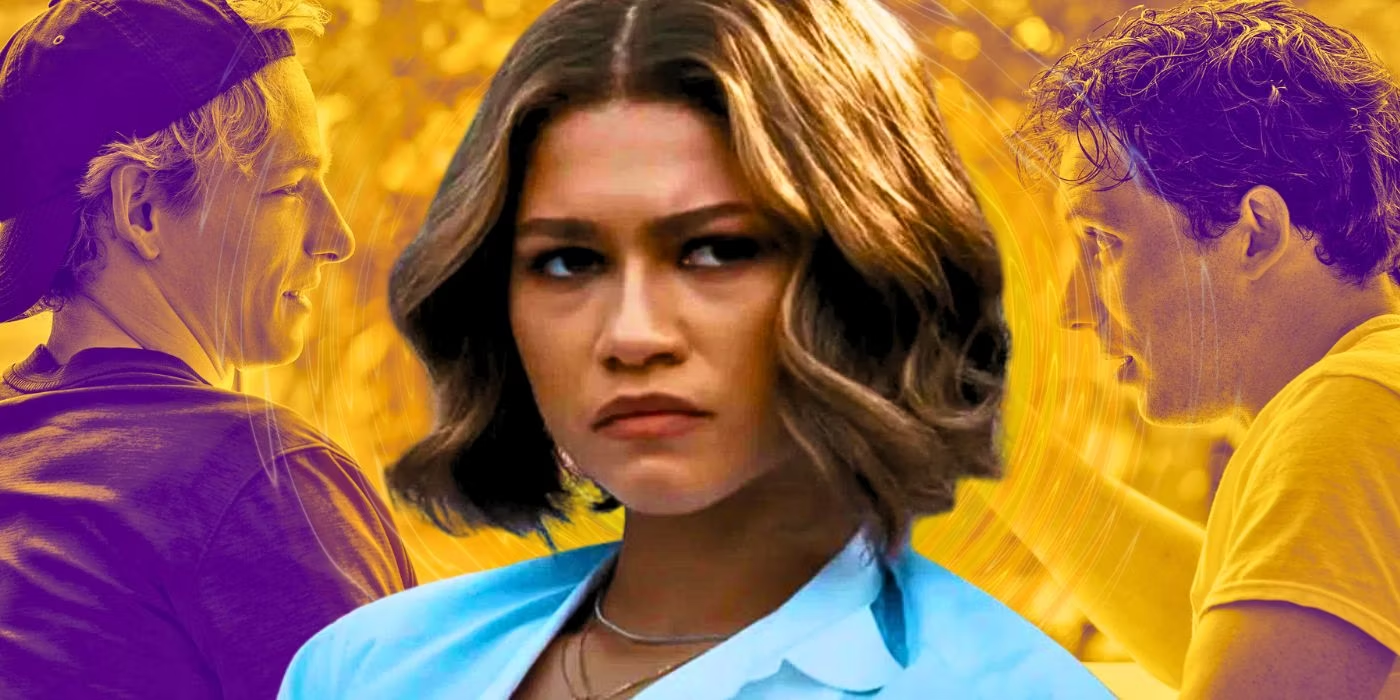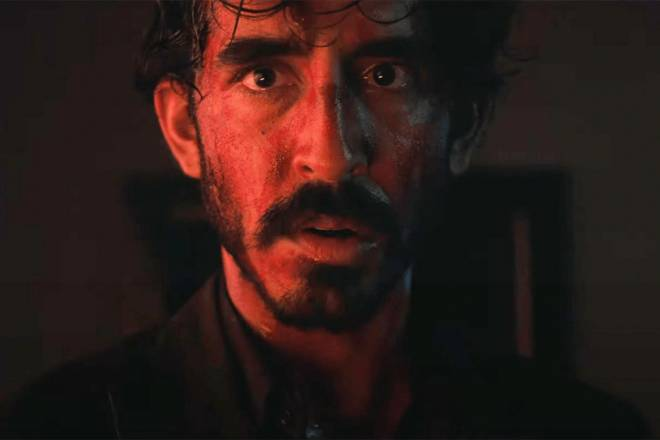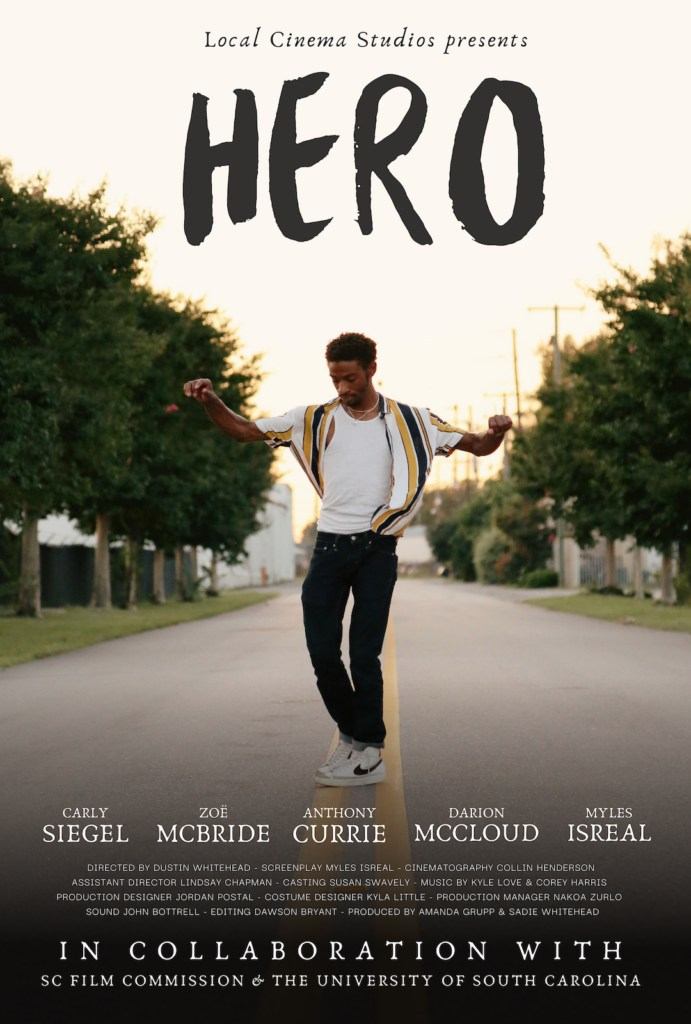Despite trailers and promos that suggest otherwise, Luca Guadagnino's Challengers is NOT a love story -- at least not in any conventional sense. His earlier cinematic triumph, Call Me By Your Name (2017), was a romantic tour de force. Challengers, though scorching hot, is not about romance as much as it is about control and, well, courtship.
Three impossibly attractive people are at the center of this unconventional but captivating story -- Tashi, a beautiful former college tennis standout sidelined by a dream-killing injury (a radiant Zendaya); who is living vicariously through her struggling husband, Art, whom she coaches and whom she might resent just a little (a soulful Mike Faist of West Side Story); and their old friend, Patrick, an under-accomplished fellow tennis player (a thoroughly engaging Josh O'Connor of The Crown and Emma.) who possesses a powerful serve but more magnetic brio than follow-thru.
The film, imaginatively constructed and shot, pieces together the co-mingling of these three lives over the years, beginning when they were teens on the junior circuit through their mid-30s. It is to their credit that the three leads pull off aging undetectably even as their characters go through marked changes -- some welcome, some surprising.
Guadagnino's flashy on-court set pieces might be a tad over-the-top for some viewers, but I think they are part of the auteur's mission to push the boundaries of narrative and visualization (see A Bigger Splash, Suspiria and I Am Love, for example). I thought they were inspired.
Guadagnino does not avert the camera's eye from naked flesh but makes clear through the characters' actions and words that sex is a tool, and despite being intense lacks true expressiveness and commitment.
This fits because Tashi, Art and Patrick don't seem to be fully able to give themselves over to anything or anyone except what they can't have, which might suggest that no matter how hard they try they'll never be real winners.







.jpg)


